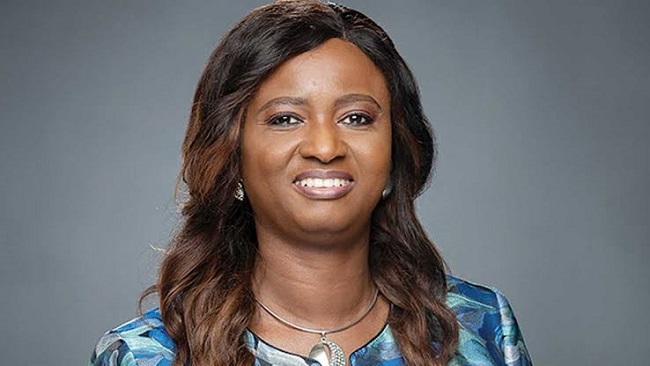Shell says its research and development strategy is aligned with Nigeria’s 10-year strategic roadmap for local content being implemented by the Nigerian Content Development and Monitoring Board (NCDMB).

The energy firm made this known in a statement on Friday, September 17, 2021 signed by its Media Relations Manager, Mr Bamidele Odugbesan.
The Managing Director of the deep-water business of Shell in Nigeria, Mrs. Elohor Aiboni, is quoted as saying that Shell Nigeria Exploration and Production Company (SNEPCo) would continue to explore opportunities for collaboration with public and private sector stakeholders.
She said that the company would continue to do so to enhance in-country capabilities in research and development.
Aiboni, according to the statement, said this at the just-concluded second edition of the NCDMB Research and Development Opportunity Fair in Yenagoa.
“Research and Development have always been very important activity in our industry and it is a business imperative for SNEPCo both for solving problems – whether technical or operational – and for the potential for import substitution,” she said.
Aiboni added: “Collaboration is particularly significant because without an effective and sustainable collaboration framework that keeps all stakeholders well connected, it will be near impossible to deliver results from R&D, particularly sustainable results.”
She said that for over 40 years, Shell companies in Nigeria deliberately and strategically established strong relationship and partnership with the academia for building and growing in-country R&D.
The MD listed the areas of partnership to include the annual Sabbatical and Research Internship programmes in Shell for Nigeria academics.
According to her, Shell companies in Nigeria have continued to expand their research and development initiatives to reposition the Nigerian oil and gas industry as exporter of innovations.
“Thirty Nigerians from the academia joined Shell companies in Nigeria in 2020 for the Sabbatical and Research Internship programme which was the highest number of participants in the programme’s history,” she said.
“Since we are a global business organisation,” she said, “we recognise that research thrives in world-class research institutions, intellectually rich and technology enabled environments.
”Shell Companies in Nigeria, therefore, endowed targeted professorial chairs and two Centres of Excellence in Nigerian universities as key fulcrums in our drive to encourage R&D in Nigeria.”
Shell companies in Nigeria have Centres of Excellence for postgraduate studies at the University of Benin, for Geoscience and Petroleum Engineering, and at the Rivers State University, for Marine and Offshore Engineering.
There are also Shell-endowed professorial chairs at the University of Port Harcourt (Petroleum Engineering); the University of Nigeria, Nsukka (Environmental Management and Control); the Obafemi Awolowo University (Geophysics); and the Ahmadu Bello University, Zaria (Mechanical Engineering).
She said Shell had commenced research to seek local alternative to the importation of drilling fluids by exploring the development of Synthetic Base Fluids using materials that are available locally in Nigeria.
“This is still ongoing and proudly nearing completion by the commissioned two Nigerian universities,” the MD said.
The NCDMB R&D Opportunity Fair featured exhibitions and technical discussions by academics and stakeholders in oil and gas.
They discussed strategies for generating demand-driven research that would solve practical problems and improve exploration and production activities.
